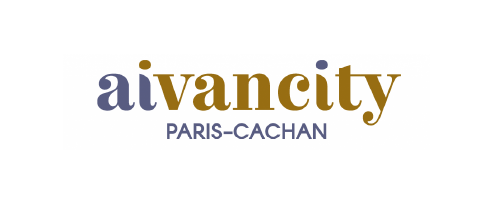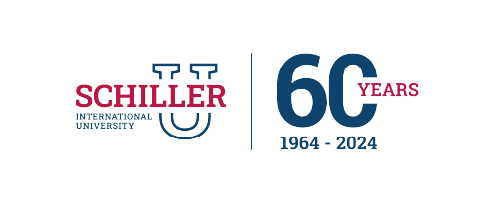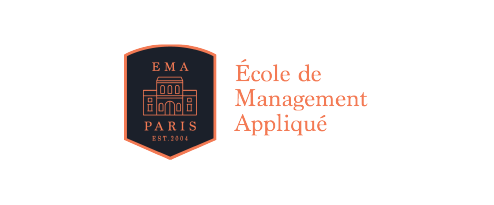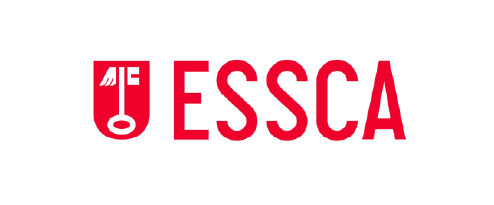Paris
CapitalFrench
Language+33
Dialing CodeEuro (€)
Currency67 million (as of recent estimates)
PopulationApprox. €15,000 per year
Tuition Fees€1,200 per month
Living ExpensesFall | Spring
IntakesWhy Study in France?
Studying in France offers a unique blend of high-quality education, rich cultural experiences, and vibrant student life. French universities and grandes écoles are renowned for their academic excellence and research opportunities. The country’s diverse programmes, often taught in English and French, provide a global perspective and prepare students for international careers. Additionally, France’s historical landmarks, culinary delights, and artistic heritage make it an enriching place to live and study.
Benefits
Vibrant Culture
Explore the rich history and traditions through the vibrant culture
Relaxing Environment
Beautiful countryside and coastlines for relaxation and exploration
Affordable Education
France is one of the most affordable European countries
Work Opportunities
Learn and earn altogether and gain practical skills
Scholarships Available
Finance your dream of abroad education with scholarships
Networking Opportunities
Expand valuable connections across the globe while studying there
Explore MetaApply Calculators
Eligibility Criteria
| Academic Qualifications | Equivalent to French secondary education for undergraduate programmes; relevant bachelor’s degree for postgraduate programmes. |
| Language Proficiency | Proof of French (DELF/DALF) or English (TOEFL/IELTS) proficiency, depending on the programme. |
| Entrance Exams | Some programmes may require entrance exams or specific tests (e.g., TCF for French proficiency). |
Required Documents
| Completed Application Form | Specific to each university or through the centralised Campus France system. |
| Academic Transcripts | Official copies from all previous institutions. |
| Proof of English Proficiency | French or English proficiency test scores. |
| Statement of Purpose | Detailing your motivation and goals. |
| Letters of Recommendation | From academic or professional referees. |
| Passport Copy | Valid for the duration of your stay. |
| Financial Documents | Evidence of sufficient funds to cover tuition and living expenses. |
VISA Requirements
| Acceptance Letter | From a recognised French educational institution. |
| Proof of Financial Support | Bank statements, scholarship letters, or financial sponsorship. |
| Health Insurance | Proof of health coverage for the duration of your stay. |
| Visa Application Form | Completed online or through the French consulate. |
| Biometric Information | May be required. |
| Passport | Valid for the duration of your study. |
| Accommodation Proof | Confirmation of housing in France. |
Cost of Study in France
| Tuition Fees | Public universities: €170-€380 per year for bachelor’s programmes, €243-€380 for master’s programmes. Grandes écoles and private universities may charge higher fees. |
| Living Expenses | Approximately €10,000 to €15,000 per year, higher in Paris. |
| Health Insurance | Around €200 to €400 per year. |
| Books and Supplies | Around €500 per year. |
Please note: All information is sourced from web and the data may vary—kindly refer to official or government websites for the most accurate details.
Countries in Europe
Process of MetaApply
Frequently Asked Questions
The primary intake is in September/October, with some programs offering additional intakes in January/February.
Yes, students can work up to 20 hours per week during the academic year and full-time during holidays.
Yes, there are numerous scholarships available from the French government, universities, and other organisations.
After receiving an acceptance letter from a French institution, you can apply for a student visa through the Campus France platform or the French consulate.
Yes, health insurance is mandatory. Students are usually required to register with the French social security system, which offers basic health coverage.

Download Destination Guide
Get destination-wise insights, requirements, and university options.





























